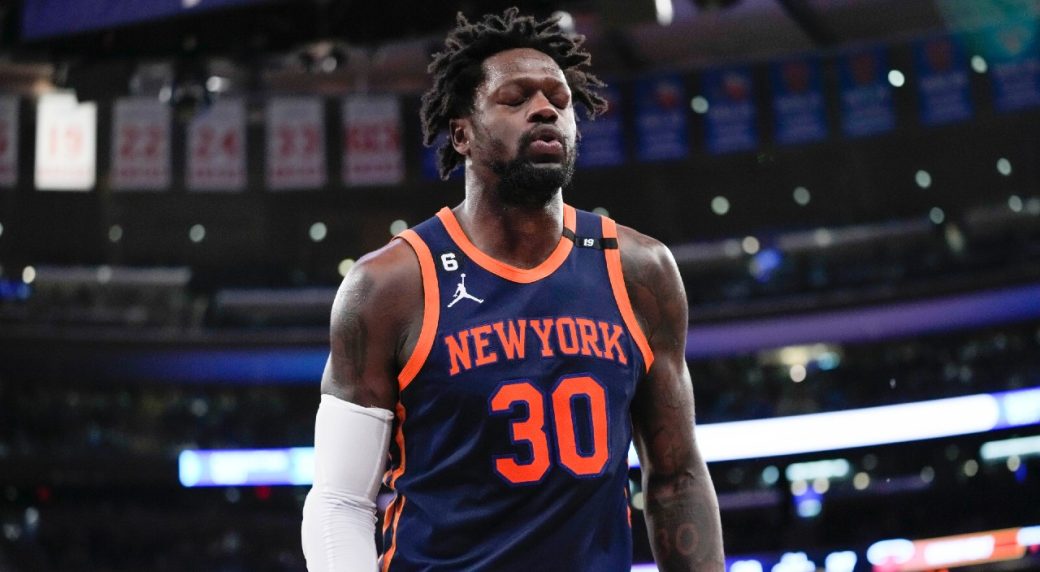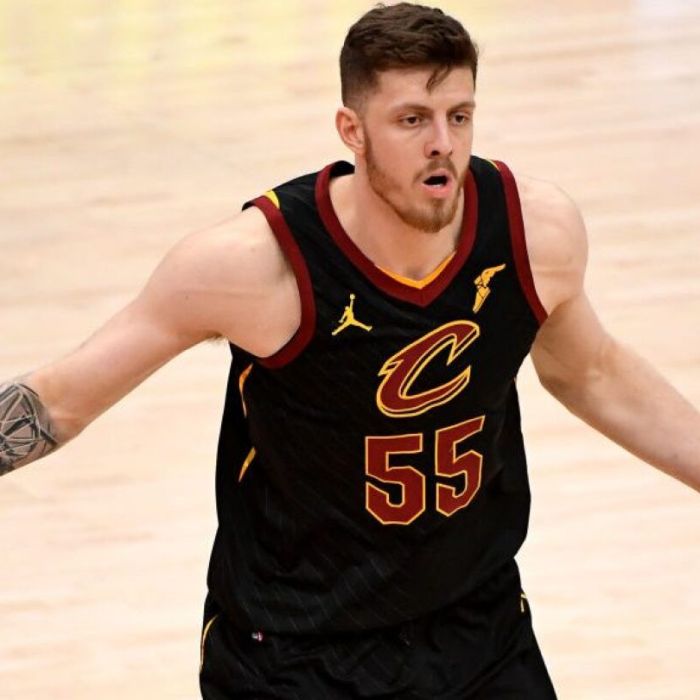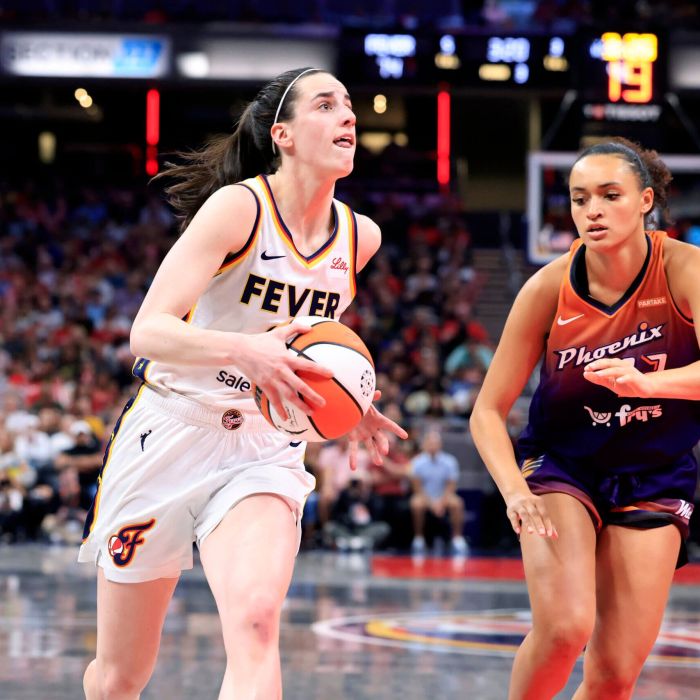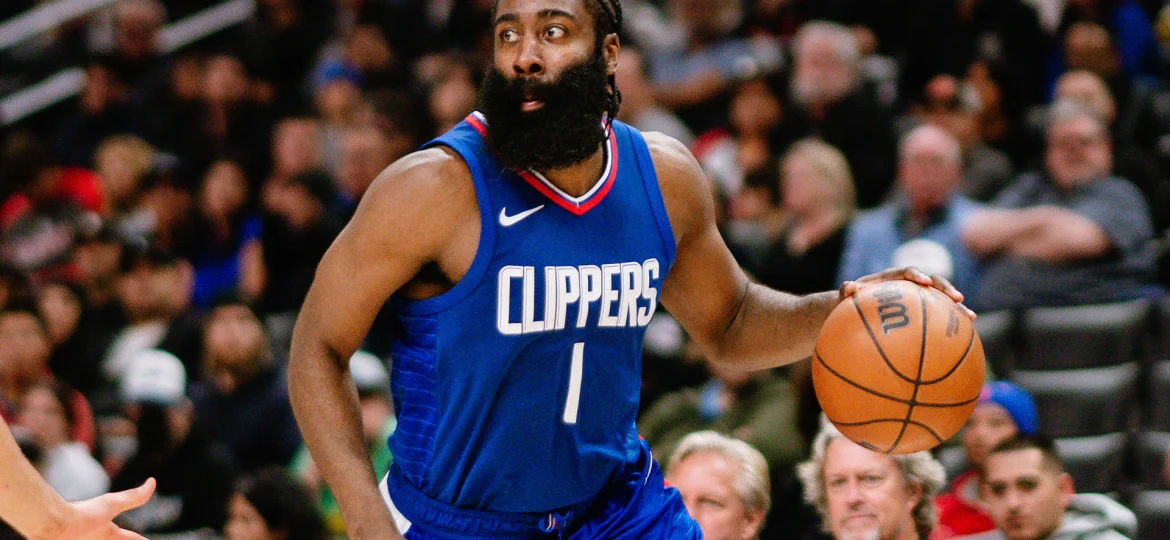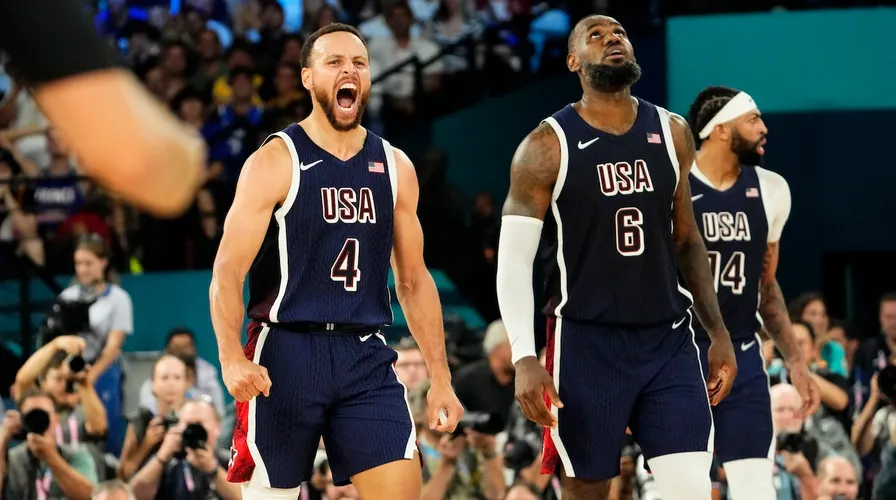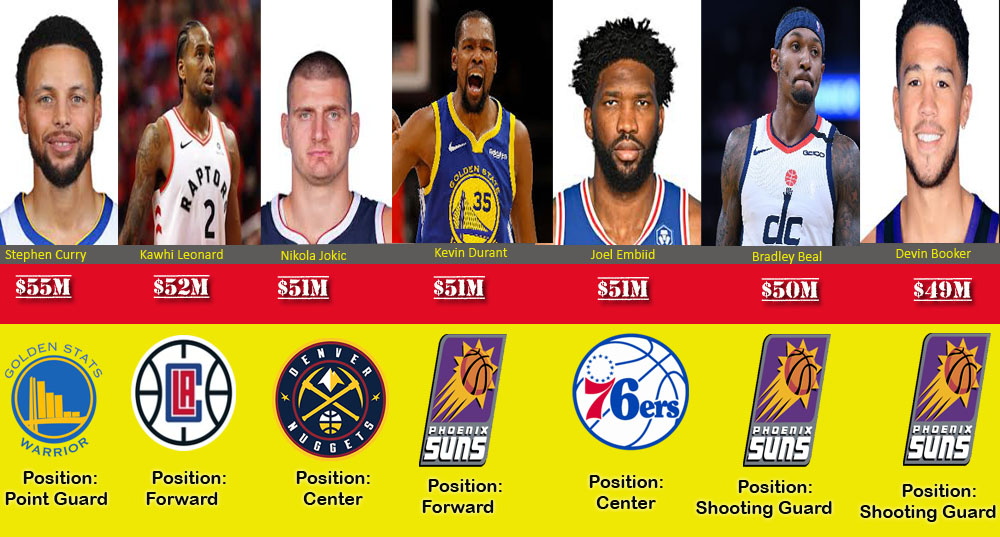In a season filled with ups and downs, the New York Knicks faced yet another setback with the news of Julius Randle’s season-ending shoulder surgery. The announcement sent shockwaves through the organization and the fanbase, as the team grappled with the reality of losing one of its most impactful players during a critical juncture of the season.
Randle’s injury, sustained during a game against the Miami Heat in January, initially appeared to be manageable. However, as weeks turned into months, it became increasingly clear that the star forward’s shoulder was not healing as expected. Despite his best efforts to rehab the injury and return to the court, Randle faced setbacks that ultimately led to the decision for surgical intervention.
The decision to undergo surgery was not taken lightly, as Randle explored all possible options to avoid the operating table. He consulted with multiple specialists and explored various treatment protocols in the hopes of salvaging his season and contributing to the team’s success. However, as the reality of his condition became apparent, Randle made the difficult choice to prioritize his long-term health and well-being.
For the Knicks, Randle’s absence represents more than just a loss on the stat sheet. He was not only a key contributor in terms of scoring, rebounding, and playmaking but also served as a leader both on and off the court. His work ethic, competitive spirit, and determination to win were infectious, setting the tone for the team’s gritty style of play throughout the season.
The impact of Randle’s absence extends beyond the basketball court, as it forces the team to reassess its goals and aspirations for the remainder of the season. Without their leading scorer and emotional leader, the Knicks must find new ways to generate offense, establish themselves defensively, and maintain their competitive edge in a fiercely competitive Eastern Conference.
Head coach Tom Thibodeau, known for his ability to rally his teams in the face of adversity, now faces one of the greatest challenges of his coaching career. Tasked with guiding the Knicks through the remainder of the season without Randle, Thibodeau must instill confidence in his players, make strategic adjustments, and find ways to maximize the team’s strengths in the absence of their star forward.
Injuries are an unfortunate reality of professional sports, and the Knicks are no strangers to adversity. Throughout the season, they have faced injuries to key players, navigated through challenging stretches, and battled against formidable opponents. Yet, each setback has only served to strengthen their resolve and reinforce their commitment to excellence.
As the regular season draws to a close and the playoffs loom on the horizon, the Knicks find themselves at a crossroads. With Randle sidelined, they must rely on the collective efforts of their entire roster to carry them through the remainder of the season and into the postseason. Every player must step up, embrace their role, and contribute to the team’s success in whatever way they can.
For Randle, the road to recovery will be long and arduous, filled with countless hours of rehabilitation, physical therapy, and hard work. Yet, if there’s one thing that Randle has demonstrated throughout his career, it’s his resilience in the face of adversity. He will attack his rehabilitation with the same determination and focus that has made him a force to be reckoned with on the basketball court.
In the end, Randle’s injury serves as a reminder of the fragility of success in the NBA and the unpredictable nature of professional sports. While the road ahead may be challenging, the Knicks remain undeterred in their pursuit of greatness. With Randle’s spirit guiding them, they will continue to fight, persevere, and overcome whatever obstacles stand in their way, united in their quest to bring glory back to the streets of New York.


